Vitamin C, also known as ascorbic acid, is a water-soluble vitamin that is easily lost from the body. The human body cannot synthesize Vitamin C on its own, so it is necessary to obtain sufficient Vitamin C from external sources daily to meet the body’s needs. Among all vitamins, Vitamin C is the vitamin that the human body needs the most daily.
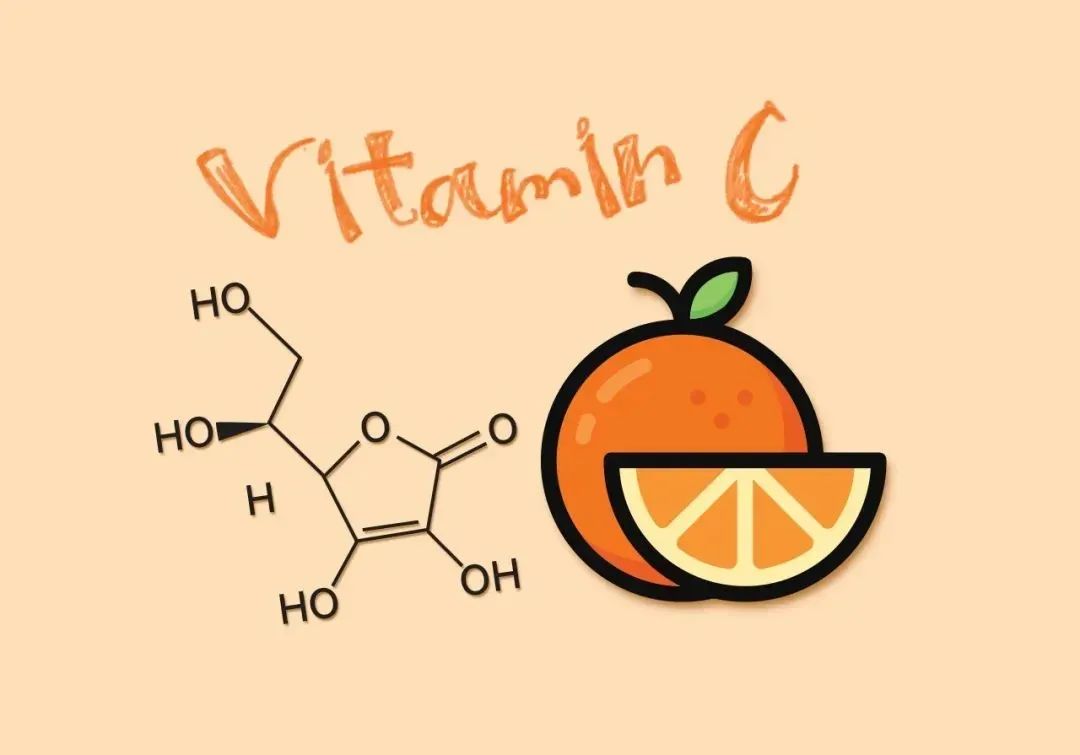
Recently, new breakthroughs in Vitamin C’s anti-cancer research have emerged!
Scientists from Zhejiang University published a meta-analysis titled ” Association between dietary vitamin C intake/blood level and risk of digestive system cancer: a systematic review and meta-analysis of prospective studies ” in the journal Food & Function.

The research shows that a higher intake of Vitamin C is associated with a 12% reduction in the risk of digestive system cancers, while high blood levels of Vitamin C are associated with a 26% reduction in the risk of stomach cancer.
Dosage analysis found that daily intakes of 250 mg and 65 mg of Vitamin C have the strongest protective effects against oral, throat, and esophageal cancers (OPE) and stomach cancer.
In addition, earlier this year, a major cancer research discovery was published by a collaboration of several institutions including Shanghai Second Military Medical University in the journal Nature Communications, titled “TET2-mediated tumor cGAS triggers endothelial STING activation to regulate vasculature remodeling and anti-tumor immunity in liver cancer.” It revealed that high doses of Vitamin C promote tumor vascular normalization and activate the immune system.(For details of this study, see:New discovery on Vitamin C’s anti-cancer effects! Chinese scientists reveal: high doses of Vitamin C promote tumor vascular normalization and activate the immune system)
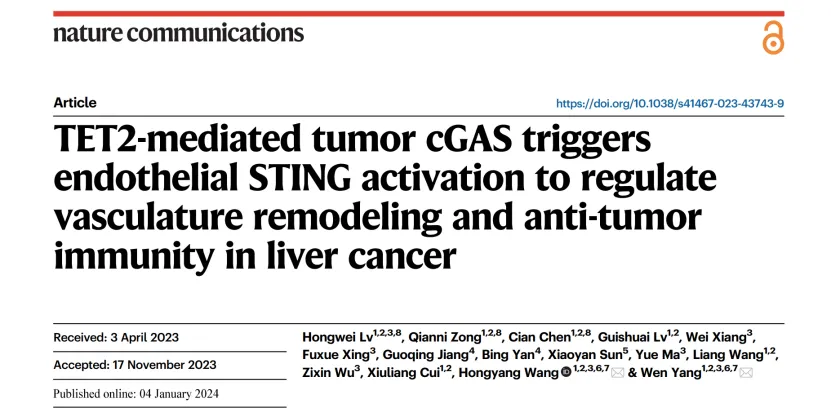
Image source:https://doi.org/10.1038/s41467-023-43743-9

Numerous studies have confirmed the importance of Vitamin C in cancer treatment, and experts have reached a consensus.
These top medical and life sciences studies, do they challenge your understanding?
Vitamin C is not just that “little soldier” that prevents your gums from bleeding, but rather a “vital minister” that can determine your overall health and quality of life, affecting you for a lifetime.
Born as a “king”
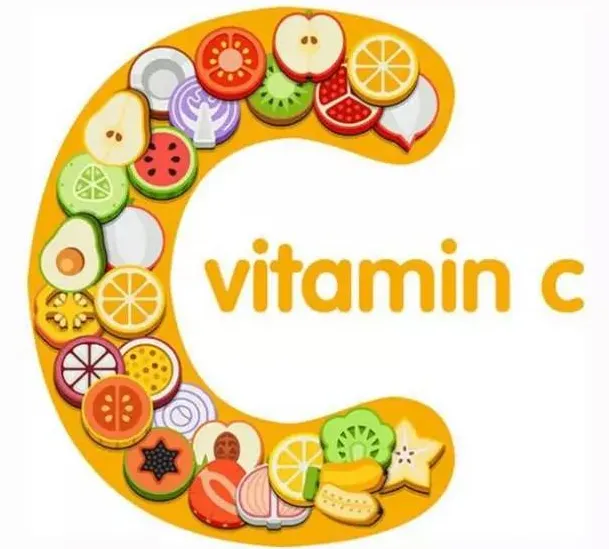

During the same 15th century, there was a large-scale ocean voyage in the East that did not experience the large-scale scurvy seen during the Western Age of Exploration, which was the famous voyages of Zheng He to the West. It was later discovered that Chinese sailors on the ships consumed bean sprouts, which provided them with Vitamin C, preventing the tragedy of mass sailor deaths.

At that time, people did not know of the existence of Vitamin C, nor did they know how to combat this deadly disease.
It wasn’t until the 18th century that British explorer Captain Cook insisted on loading fresh fruit onto his ship, requiring that every time they docked, they would resupply fruits and vegetables. As a result, despite long voyages, the “sea curse” did not appear on his ship. From then on, long sea voyages no longer claimed the lives of British sailors, giving them a health advantage in naval battles against the Spanish Armada, laying the foundation for Britain’s rise as a global empire.
With the advancement of science, people learned that the terrible curse was called scurvy, caused by sailors’ long-term lack of fresh fruits and vegetables, leading to a deficiency of Vitamin C, which is why Vitamin C was also called ascorbic acid.
Scurvy was brought under control, and healthy sailors could sail to farther continents, breaking the isolation between continents, making the world a connected and inseparable whole. Therefore, Vitamin C changed the world order.
synthesizing collagen
resisting scurvy
preventing gum recession and bleeding
preventing arteriosclerosis
regenerating and protecting other antioxidants
preventing anemia
protecting cells and the liver
enhancing the immune system
2. How to choose Vitamin C supplements?
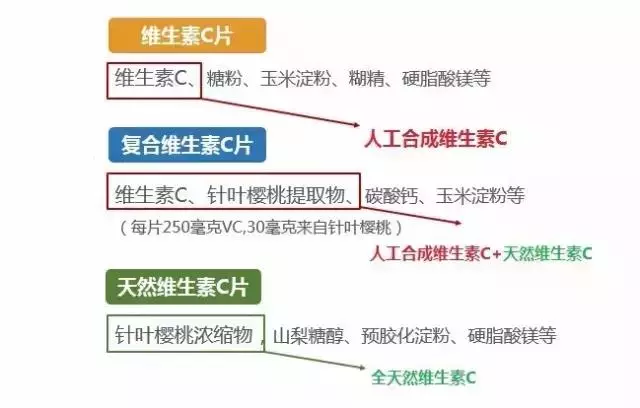
3. How much Vitamin C should be supplemented daily?
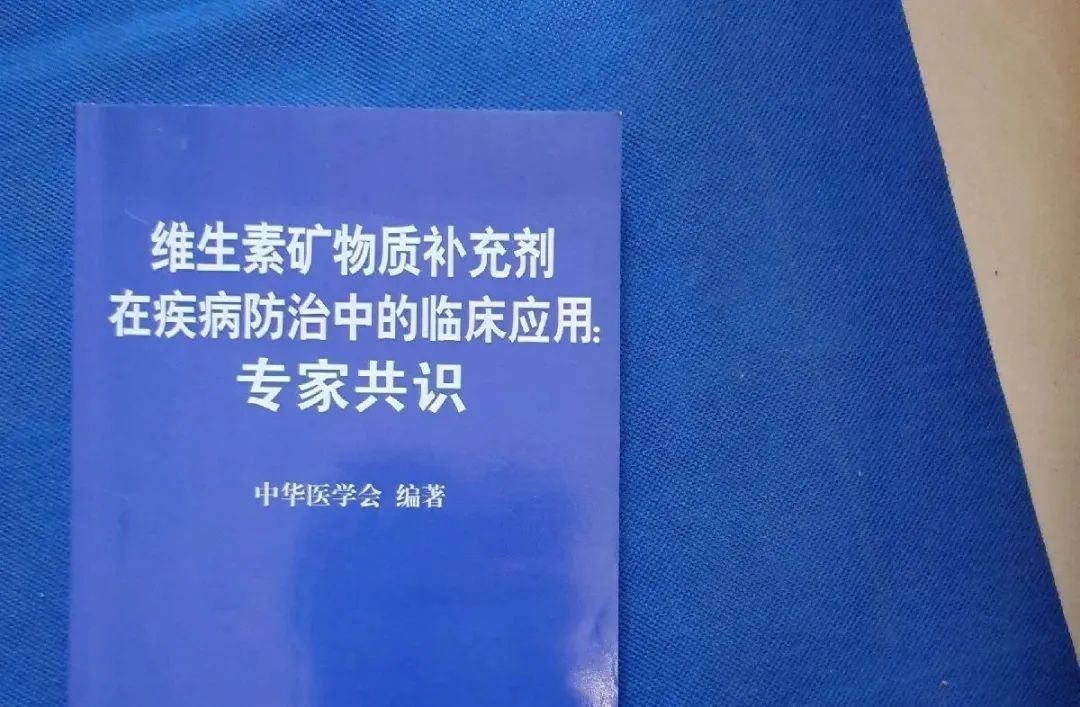
When the body’s immunity declines, such as in cases of fatigue, cold, or fever, one can temporarily increase Vitamin C intake to 1000-2000 mg/day to enhance the bactericidal capabilities of cells, promote the production of interferon, inhibit viral proliferation, and improve immunity from multiple aspects.
4. How to consume Vitamin C supplements
Considering convenience and effectiveness, it is advisable to choose a supplement containing 250 mg of Vitamin C per tablet, taken 1-2 times a day, to not only prevent scurvy but also prevent chronic diseases; in cases of discomfort such as colds, the frequency of consumption can be increased to help boost immunity and promote recovery.
5. Correctly choose reliable Vitamin C supplements
How to choose Vitamin C? Before that, let’s correct two misconceptions:
1. Imported products are not necessarily better than domestic ones.
2. OTC products are not necessarily better than health products; health products are not necessarily more effective than food!
When choosing Vitamin C, we should adhere to our golden rule: check the ingredients, check the ingredients, check the ingredients; it’s important to say it three times.
Good Vitamin C must meet these two points:
1. More natural ingredients, fewer or no additives (whether Vitamin C comes from natural foods or chemical synthesis, whether there are chemical additives);
2. Vitamin C content (since it’s for supplementation, low content is of no significance). Remember these two points as a rule: simply put, look at the ingredients and the content!
In summary, Vitamin C is a great thing; let’s conclude:
1. Vitamin C supplements are divided into OTC, health products, and food categories, for those with clear Vitamin C deficiency, any choice is fine, focus on the content; for daily supplementation, normal people can consume food types and naturally sourced Vitamin C;
2. Quality is determined by ingredients, not by brand, whether domestic or imported, OTC, health products, or solid beverages; focus on ingredients and content;
3. Many supplements contain unnecessary additives like flavors and colors; learn to identify them; a simple method is that if the name is unfamiliar and long, it doesn’t need to be included;
4. To choose Vitamin C for babies, the best situation would be to meet these criteria: a) powder form; b) no flavors, colors, preservatives, etc.; c) Vitamin C from natural foods; d) Vitamin C content should not be lower than 60 mg/strip; e) no added sugar, sweetness should come from oligosaccharides or the natural food itself; f) overall taste should be lightly acidic.
When purchasing, please check the Vitamin C content table on the back of the product. If you buy an expensive product with a lot of color and flavor additives, while only getting a small amount of Vitamin C and a lot of additives, it would be a loss.
In an era of chronic disease outbreaks, nutritional intervention is timely and is also a trend in the era of health. However, due to the severe degradation of land, the nutrients in current foods are greatly lacking, compounded by excessive processing of foods and unhealthy cooking methods, leading to the excessive loss of remaining nutrients. Therefore, it is challenging to obtain sufficient nutrients solely through food, necessitating additional supplementation from external sources.
However, you may not know what nutrients you need to supplement or how much, as everyone’s lifestyle and dietary preferences vary, along with genetic factors affecting the absorption and utilization of nutrients, leading to different types and quantities of nutrient deficiencies, which also results in varying types of diseases and the rate of organ decline. This further necessitates leveraging professional platforms to analyze your personalized nutritional needs based on dietary habits and quantitative standards. Tongkang Health Management utilizes big data platforms to analyze personalized comprehensive indicators based on dietary preferences and specific intake amounts, determining the types and quantities of nutrients you need to supplement, providing the most suitable nutritional adjustment plan for you, thereby optimizing the body’s metabolic system, immune system, antioxidant defense system, and repair system, helping bodily functions adjust to their best state.
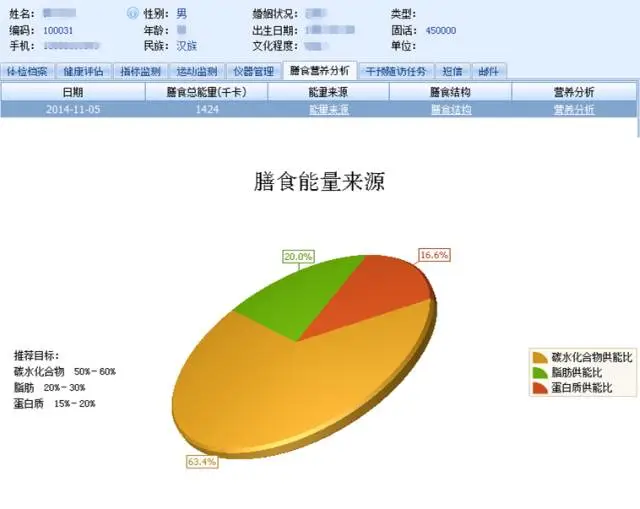
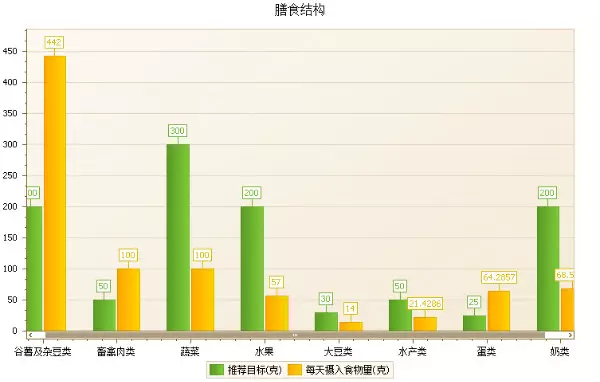
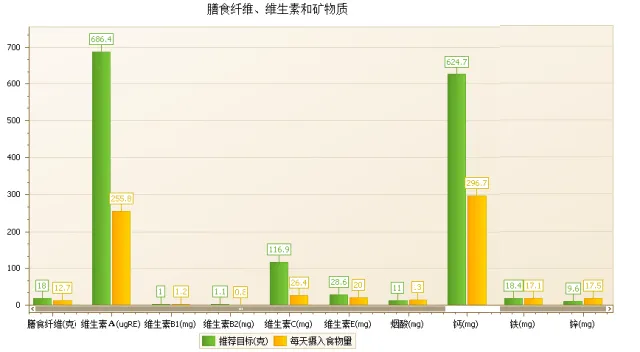
—END—

Long press to recognize the QR code in the image
Add Tongguan Health customer service WeChat for consultation
Or call for consultation at 13007533293

Tongkang – Experts in Comprehensive Life Management
Treasure life, prevent in advance